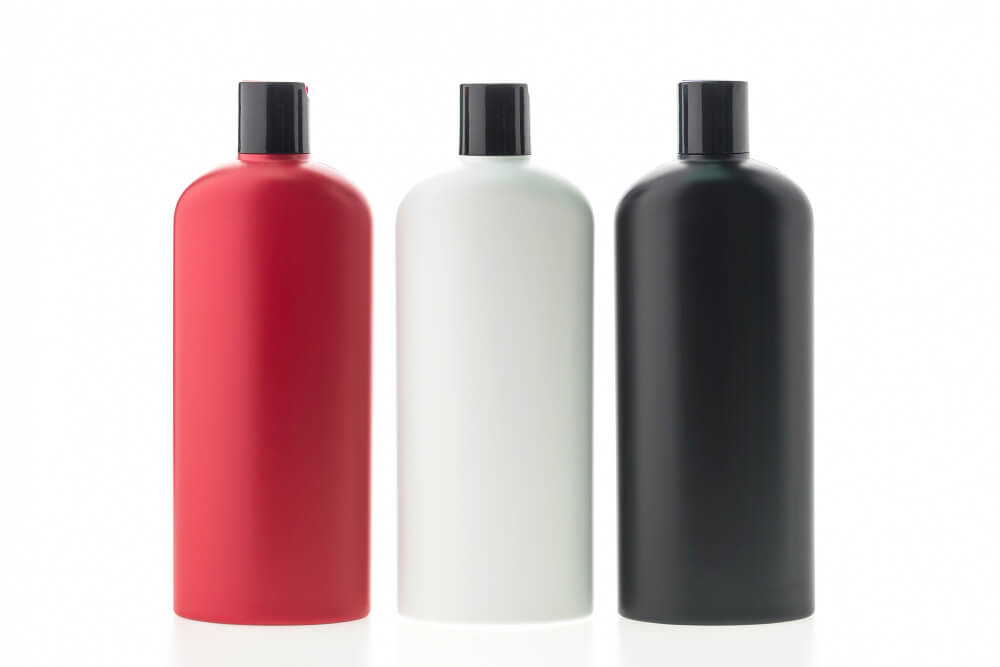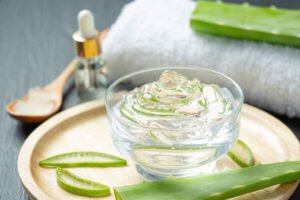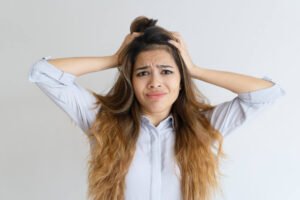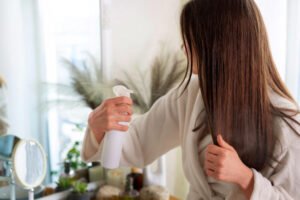Introduction
Have you ever come across the popular adage, “Bad hair day, bad mood day”? It’s common knowledge that our hair wields significant power over our general look and self-assurance. That’s why the choice of hair care items becomes a matter of deep significance for a lot of us. The buzz surrounding the question “Does Native Shampoo Cause Hair Loss?”, coupled with its commitment to clean components and its exclusive availability at Target outlets, has ignited discussions within the hair care realm. Some claim it’s a hair loss culprit, while others praise its natural formula. But what’s the truth? Let’s dive into the Native Shampoo controversy and sift through the facts and myths to uncover the real story behind its impact on hair health.
The Native Shampoo Buzz: What’s the Hype All About?
Native, founded in 2001 by Moiz Ali, emerged from a quest for safer personal care products. Ali’s discovery of the toxic heavy metal aluminum in his anti-perspirant led to the creation of a clean deodorant. Today, Native offers a range of personal care items, including shampoos, conditioners, body washes, and more, all boasting clean, cruelty-free, and effective formulations.
The Hair Loss Debate: Myth or Reality?
Let’s delve into the heart of the matter: does Native shampoo genuinely lead to hair loss? At first glance, it appears improbable. Unlike certain shampoos that are laden with detrimental chemicals notorious for wreaking havoc on hair health, Native’s range is meticulously crafted to be mild and devoid of sulfates, parabens, silicones, and dyes. Yet, scattered reports claim otherwise. Some individuals who switched to Native shampoo have reported experiencing hair loss and thinning. But here’s the twist – pinpointing hair loss to a single product isn’t straightforward. Hair health is influenced by numerous factors, from genetics to lifestyle choices.
Native’s Shampoo Lineup: A Closer Look
To understand the potential impact of Native Shampoo on hair, let’s explore its formulations. Native offers a variety of shampoos catering to different hair types and needs:
Strengthening Almond and Shea Butter: Ideal for those with thick and curly hair, this formulation aims to nourish and strengthen strands.
Moisturizing Coconut and Vanilla: A choice for those seeking hydration, especially suited for thick and curly hair.
Daily Clean Citrus and Herbal Musk: A gentle option suitable for daily use, regardless of hair type.
Volumizing Cucumber and Mint: Designed for individuals with thinner and oilier hair, this formula aims to add volume.
The Fragrance Factor: A Sweet Scent or Hidden Danger?
While Native’s commitment to clean ingredients is evident, there’s one area of concern: fragrance. Under U.S. regulations, manufacturers are permitted to incorporate around 4,000 different chemicals into fragrance formulations without the obligation to reveal them to consumers. This situation implies that while a fragrance might emit an enchanting aroma, it could be concealing potentially detrimental substances. Native claims to use essential oils, safe synthetic oils, and natural extracts in compliance with guidelines. However, some synthetic compounds used in fragrances raise safety questions, like phthalates and synthetic musks.
Cracking the Ingredient Code: What’s Inside Native Shampoo?
While fragrance remains a puzzle, understanding the other ingredients can shed light on the potential impact of Native Shampoo. Numerous well-known shampoo brands encompass an array of chemical constituents, and certain of them have been associated with hair loss. For instance, the inclusion of sulfates, such as sodium lauryl sulfate, frequently employed for cleansing purposes, can result in the irritation of hair follicles, ultimately contributing to hair breakage.
The Verdict: Should You Embrace or Avoid Native Shampoo?
So, should you trust Native Shampoo with your precious locks? The answer isn’t black and white. While some individuals have reported hair loss after using Native products, no concrete evidence directly links the shampoo to hair loss. Hair health is a complex interplay of genetics, lifestyle, and the products we use.
If you’re concerned about the potential impact of fragrance or specific ingredients, exploring brands that offer greater transparency might be a safer choice. In a world where information and options abound, you have the power to make an informed decision that aligns with your hair care goals.
Conclusion: Unraveling the Native Shampoo Mystery
In the realm of hair care, the Native shampoo debate remains a puzzle with missing pieces. While some individuals have shared concerns about hair loss, definitive proof remains elusive. Native’s commitment to clean ingredients and its variety of formulations are worth exploring for those seeking gentler options. As you embark on your hair care journey, remember that choosing the right products goes hand in hand with understanding your hair’s unique needs. The quest for healthy, vibrant hair continues, and the final decision rests in your capable hands.
Disclaimer: The information provided in this article is for informational purposes only and should not be considered as medical advice. Always consult with a qualified healthcare professional before making any decisions regarding your health or treatments. For more information, please read our Medical Disclaimer.
Frequently Asked Questions:
- Is Native Shampoo Safe for My Hair?
Absolutely! Native shampoo is specifically formulated to be gentle on your hair. It’s crafted without harsh chemicals like sulfates, parabens, and silicones that are notorious for causing damage to hair strands. With a focus on clean ingredients, Native aims to promote healthy hair without compromising its integrity. - Can Native Shampoo Cause Hair Loss?
While some individuals have reported experiencing hair loss after using Native shampoo, pinpointing a single cause for hair loss can be complex. Hair loss is a multifaceted issue influenced by genetics, hormonal changes, and overall hair care routines. While Native shampoo doesn’t contain the typical harmful chemicals, individual reactions can vary. - Transparency of Fragrance Ingredients in Native Shampoo
Native prides itself on using essential oils, safe synthetic oils, and natural extracts to create delightful fragrances. However, it’s crucial to recognize a regulatory gap – U.S. law permits companies to incorporate undisclosed chemicals under the “fragrance” label. This lack of transparency raises concerns about potential hidden harmful compounds in fragrances. - What Shampoo Ingredients Should I Avoid to Prevent Hair Loss?
Steer clear of shampoos with harsh cleansing agents like sulfates. Chemicals like formaldehyde, found in some shampoos, can damage hair follicles and contribute to hair loss. Opt for shampoos enriched with gentle, natural ingredients that nurture hair health. - Hair Brushing Habits That Support Hair Health
Maintaining healthy hair goes beyond the products you use; it includes proper hair care practices. Over-brushing, for example, can have adverse effects by damaging delicate hair cuticles and resulting in breakage. Instead, opt for brushes with flexible bristles or even use your fingers, especially if you have curly or wavy hair. This approach reduces unnecessary stress on your hair shafts, contributing to better hair health.




